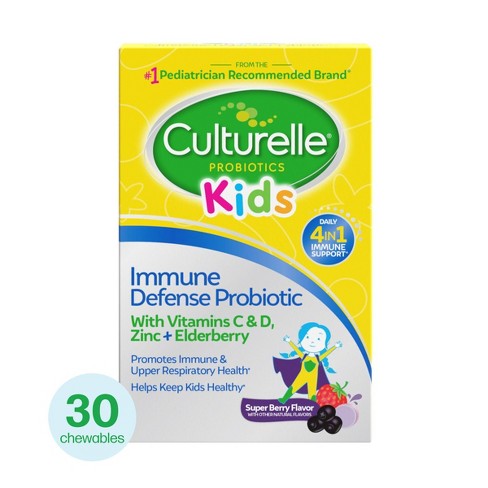Building Resilient Little Bodies: Nurturing Immune Kids Health
Children’s immune health is a top priority for parents, especially in today’s world. Nurturing immune kids’ health is a multifaceted approach that involves a combination of healthy lifestyle habits, proper nutrition, and a supportive environment.
Understanding Children’s Immune System
The immune system is a complex network of cells and proteins designed to defend the body against infections and illnesses. In children, this system is still developing, making it crucial to adopt strategies that support its growth and functionality.
Promoting a Nutrient-Rich Diet
A well-balanced, nutrient-rich diet is fundamental to boosting kids’ immune health. Ensure they receive a variety of vitamins and minerals from fruits, vegetables, whole grains, and lean proteins. These nutrients play a vital role in supporting the immune system’s ability to fight off infections.
Encouraging Regular Physical Activity
Physical activity is not only essential for overall health but also for a robust immune system. Encourage kids to engage in regular exercise, whether it’s playing sports, riding bikes, or simply enjoying active play outdoors. Exercise stimulates the immune system and contributes to overall well-being.
Prioritizing Adequate Sleep
Quality sleep is a cornerstone of good health, especially for children. During sleep, the body releases growth hormones and works to repair and strengthen the immune system. Establish consistent bedtime routines to ensure kids get the recommended amount of sleep for their age.
Teaching Proper Hygiene Habits
Educating children about proper hygiene practices is essential for preventing the spread of infections. Emphasize the importance of handwashing, covering coughs and sneezes, and avoiding contact with sick individuals. These simple habits can go a long way in maintaining immune health.
Including Immune-Boosting Foods
Certain foods are known for their immune-boosting properties. Incorporate foods rich in antioxidants, such as berries, citrus fruits, and leafy greens. Probiotics, found in yogurt and fermented foods, also play a role in supporting gut health, which is closely linked to immune function.
Supplementing Wisely
While a well-rounded diet is the primary source of nutrients, some children may benefit from supplements, especially during certain seasons or if dietary restrictions exist. Consult with a healthcare professional before introducing any supplements to ensure they are safe and appropriate for your child’s needs.
Creating a Supportive Environment
A positive and supportive environment contributes to kids’ overall well-being, including immune health. Minimize stressors, foster strong family connections, and provide a safe space for emotional expression. A happy and stress-free environment positively influences immune function.
Balancing Screen Time
Excessive screen time can impact sleep and physical activity, indirectly affecting immune health. Establish reasonable limits on screen time and encourage alternative activities that promote physical, mental, and social well-being.
Regular Health Check-ups
Schedule regular health check-ups for kids to monitor their growth and development. Vaccinations, as recommended by healthcare professionals, play a crucial role in preventing serious illnesses and supporting overall immune health.
Immune Kids Health: A Comprehensive Guide to Well-being
In conclusion, nurturing immune kids’ health involves a holistic approach that encompasses nutrition, physical activity, sleep, hygiene habits, and a supportive environment. By instilling healthy habits from a young age, parents can contribute to the development of resilient immune systems in their children, setting the foundation for a lifetime of well-being.

